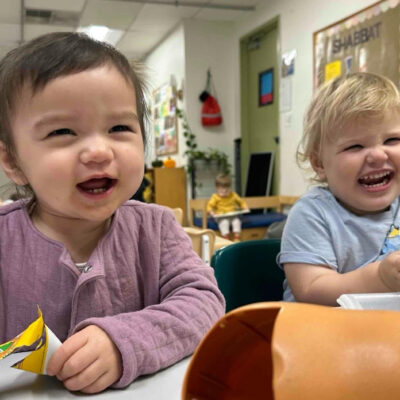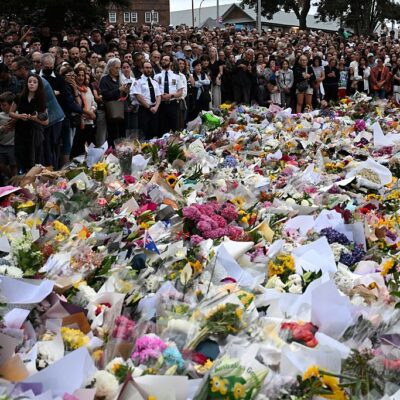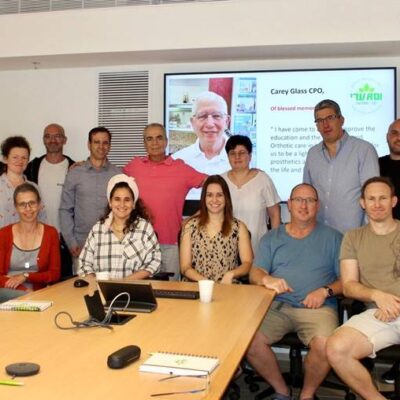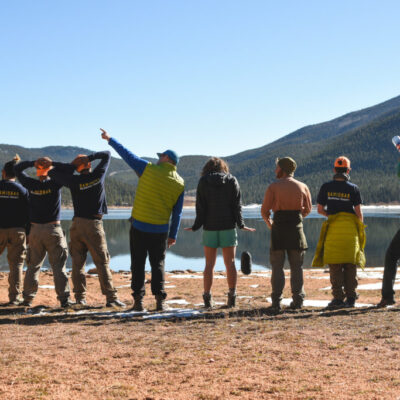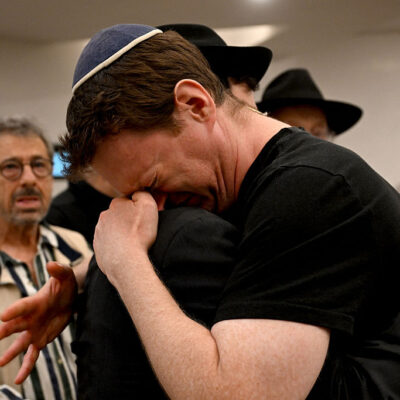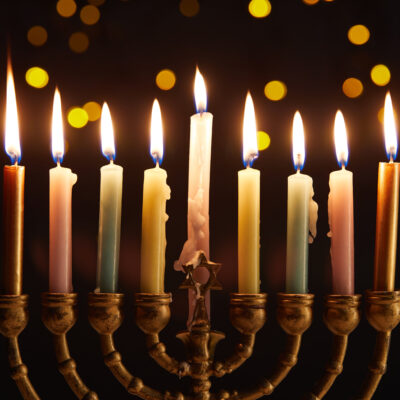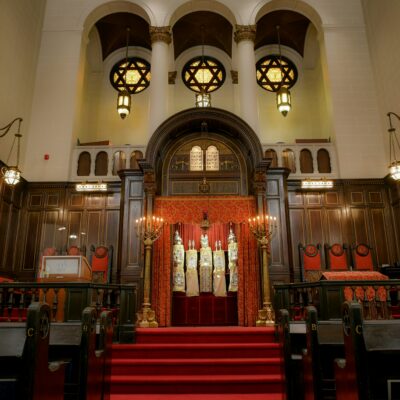Pastoral Pain

By Dr. Betsy Stone
14 months ago, I began facilitating a lunch-and-learn with a group of pulpit Rabbis, Cantors and Educators, all of whom serve suburban synagogues outside of New York City. Their pulpits range from large to small, formal to informal, wealthy to struggling. While most of the clergy are mid-career, some are just out of school or in their first solo Rabbinates.
For the first eight months, we met monthly. I led discussions on topics of my choosing – Gen-Xers as parents, The Psychological Process of Retirement, Building Resilience. And then COVID hit. We began to meet weekly, via Zoom, and our discussions were wide ranging and full of fear. Would the synagogue lose so many members that it would collapse? Would everyone have to take a pay cut? How do you lead services over Zoom? How can you do a virtual funeral or say the viddui over the phone? And what about the Holy Days?
At first, these post-COVID meetings were quite practical. We talked about the HOW of many problems they faced. They shared ideas and strategies. They supported each other and built deeper connections. They told each other to take time off, to spend time with their families, to find ways to delineate the workday from the non-workday.
Now it’s Elul, and the pandemic persisted longer than we could have imagined. Congregant demands didn’t diminish. Clergy told stories of congregants appearing at their homes, demanding time and attention. Of congregants screaming at them over decisions that b’nai Mitzvah would be virtual. Of 30-minute phone calls that came in at 10 pm.
One of the important things I’ve learned from this remarkable group of clergy people is how incredibly hard they work – for us. It’s difficult to delineate days off when people need you, so many of them are working without a break. Most of them put the needs of congregants front and center. They’re sleeping less than they should, worrying more. They are born helpers, but self-care is hard to come by. For many of them, helping others has always been a way to help themselves, but that’s not working as well right now. They’re in the same crisis we’re all experiencing, they’re holding OUR pain, and they can’t even let themselves grieve.
The loss of the High Holy Day season may be much harder for them. Our clergy loves to bring us together. They love to teach us and lead us and motivate us. They love the music and the liturgy. They want services to be live, and they want us to be safe. They’re trying to protect us, but they’re also losing the centerpiece of their year, the pinnacle.
What do they need from us, their congregants? They need us to expect less and offer more. Your Rabbi may not answer your email within an hour or even a day. Your concern about the synagogue is one she’s already thought about and heard other people talk about. Judge less, support more. Rejoin your synagogue and increase your dues level. Donate more. Find ways to help, whether it is making phone calls or delivering food or simply offering. Make fewer suggestions. Be kind.
Now it’s not all clergy. Some are thriving. They love having more time at home; they are setting priorities that encompass family, exercise. They have narrowed their responsibilities to sermon writing and phone calls. But others are suffering in silence, often not even able to acknowledge it to themselves.
Our clergy are overworked and under stress. They are holding a lot of the weight of your pain right now. They have a lot of their own pain. All of us should be helping each other right now. And we need to help our clergy step back. So when they say, “I’m fine,” know that they’re also hurting and be kind.
Betsy S. Stone, Ph.D., is a retired psychologist who currently teaches as an adjunct lecturer at HUC-JIR. Her classes include Human Development for Educators, The Spiritual Life-Cycle, Adolescent Development and Teens In and Out of Crisis.

 Add EJP on Google
Add EJP on Google
